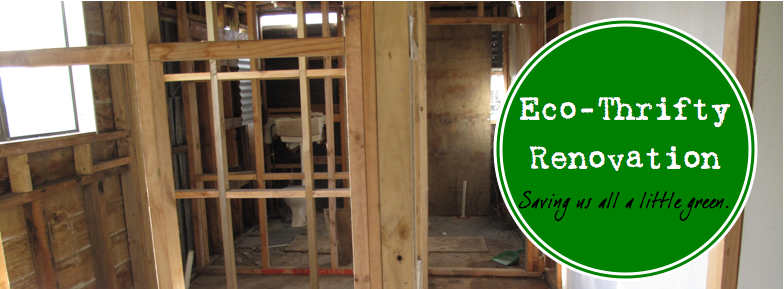In 1999, a pair of researchers published a book called The Consumer's Guide to Effective Environmental Choices.

In this book, the authors use stacks of data to say, basically, don't worry about paper or plastic. If you really want to have a small ecological footprint do two things: Drive your car less and eat less meat. These two actions far outweigh other "consumer" choices. And how many people took them up on their advice?

Apparently not enough. From my two decades of experience as an environmental educator, these are the two things that most citizens of wealthy nations (and particularly the English speaking ones, USA, Australia, Canada and New Zealand) least want to hear. Even many self-styled Greenies in these countries embrace dubious claims about bio-fuels rather than take the bus or ride a bike.

The energy returned on energy invested (EROEI) of ethanol is very low. In other words, it takes about a gallon of diesel to make 1.1 gallons of bio-diesel. The numbers vary depending on whose study you look at. And in the meantime, global food prices skyrocket because globalization has dismantled most of the corn growing around the planet in favor of American exports. In the Asia-Pacific region, I've read that rainforests have been cut down in Malaysia for palm plantations to make palm kernel oil for bio-fuels in Europe.
And there are other problems with driving, as a member of my family - to be unnamed - recently discovered.

And so it was with great pleasure that I set off recently on a rainy, winter afternoon to run some errands. I loaded up the BOB trailer with some bits of your flue pipe that needed to be joined by a welder.

And, naturally, as soon as I got the bike loaded the rain intensified.

So I did not take any photos until I reached my destination...

... where a welcoming committee was waiting for me.

I managed to make it there with the load intact.

I dropped off my flue sections with Jonah, man of many talents, and headed to my next destination.

The PHO was giving away fruit trees. I was contacted about distributing them in our neighborhood, Castlecliff, which is lower decile. I picked up the apple trees, but they had run out of peach trees. But the next week they had been restocked with peaches, so I went back for a few.

The total round trip was about 10 kilometers (6.2 miles) on flat roads. Even in the rain it was not a bad ride. After all, I had a warm, dry house to return to with heaps of solar hot water, and soon to be a functional wood-burning stove thanks to Jonah's handiwork.
For as long as the book mentioned above had been around, and for the level of concern that many permaculturists claim to have about climate change and peak oil, I've always been amazed at how few choose to ride bicycles or buses instead of driving. As a matter of fact, I can count on one hand the number of permaculturists that I know who regularly choose alternative (to the car) modes of transportation. Does anyone have any ideas why this is? I've never been able to figure it out.
For a boy who grew up on the outskirts of Detroit, my heart goes out to the unemployed auto workers who suffered the mismanagement of General Motors, Ford and Chrysler. I'm in the Michael Moore camp on this one. (He, as you'll recall, is from Flint, Michigan). I wonder how I'd feel now if I still lived in the Detroit area. Perhaps its easier to shun driving when your local economy does not depend on the automobile industry. Could be. But now, I live around the corner...

... from the meat works. This facility is less than a kilometer from our home. Many of our neighbors work at Land Meat and at the Mars Pet Food factory next door that does, I'm told, 1 million dollars of business per day. What does it mean to support your local economy while shrinking your ecological footprint? Where are the trade-offs?
On a whim, I stopped by the local butcher shop where I had heard they developed a "healthy sausage" that contains somewhere between a quarter and a third vegetables to make it lower in fat and calories, but still tasty. I asked the manager if he would donate some of this product to support a Solar Sausage Sizzle in local schools. He appeared interested while we were chatting, but I have not heard from him with a firm commitment yet. Stay tuned...
Where do you see the intersection of permaculture, diet, and transportation?
Peace, Estwing


The message of that book was echoed (along with the additional one of "don't have too large a house") by Robert and Brenda Vale's 2009 book "Time to Eat the Dog?" - which attracted much criticism and hatred from people who read nothing beyond its title.
ReplyDeleteWe try - I biked for much of my recent 5 weeks working at Puke Ariki (2km) - until I broke two spokes. But there are times when I think our total mileage would be less if we had two cars instead of one, with the amount of juggling we have to do.
Our son goes to a Montessori preschool - that's a choice, and an investment in his future - but it is 3.6 km away. At least it is in the same direction as the school at which our daughter attends and my wife works (6.3 km). Alas, my wife has shorter hours. And New Plymouth is anything but flat. We are planning to run an electric vehicle once we are established on our land.